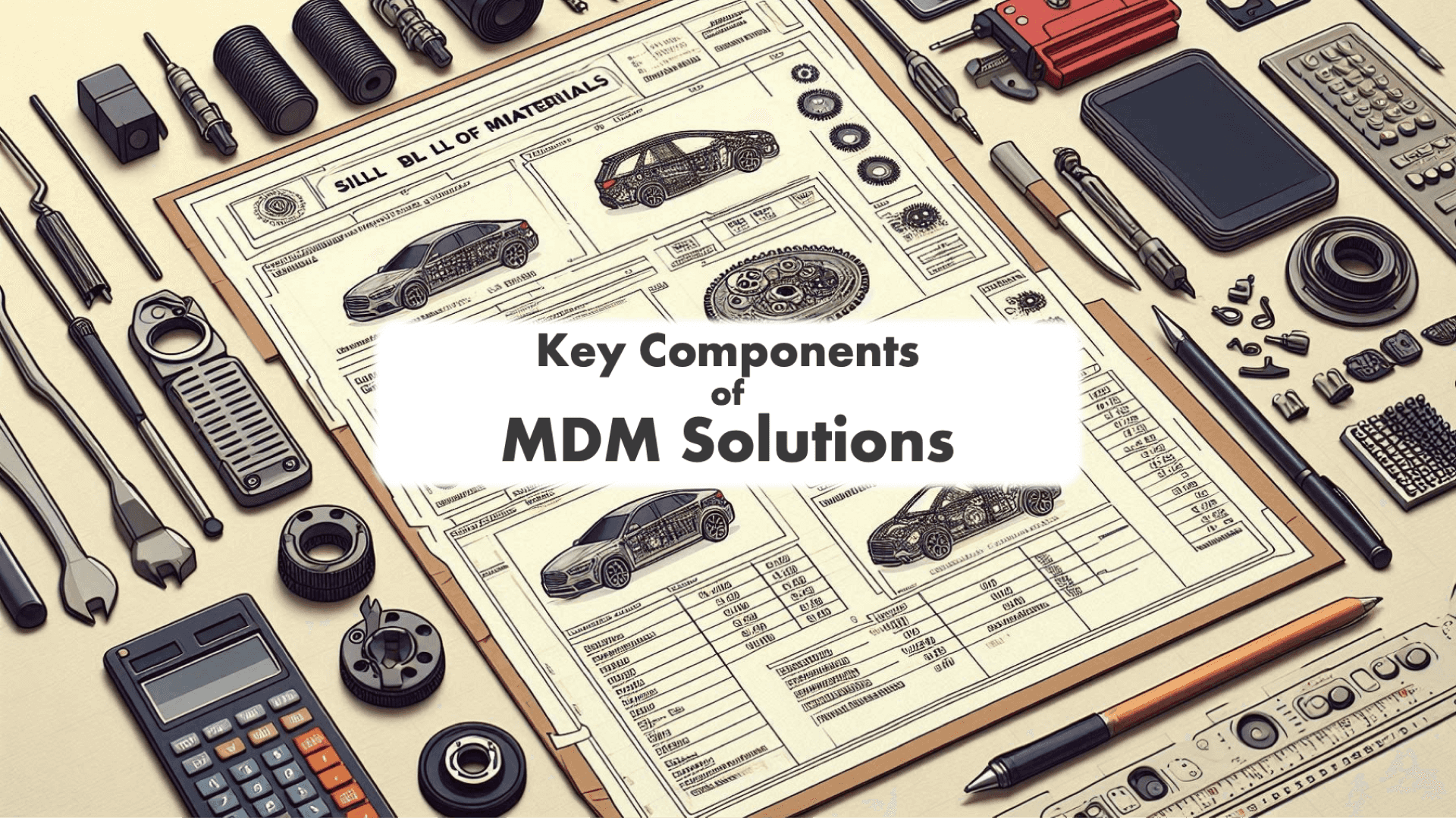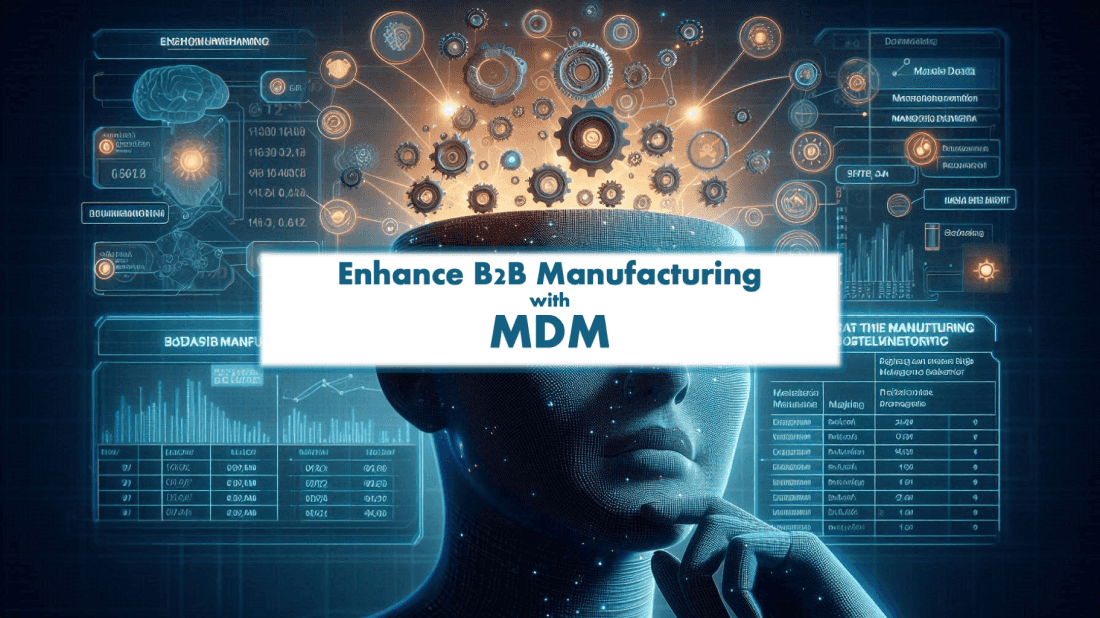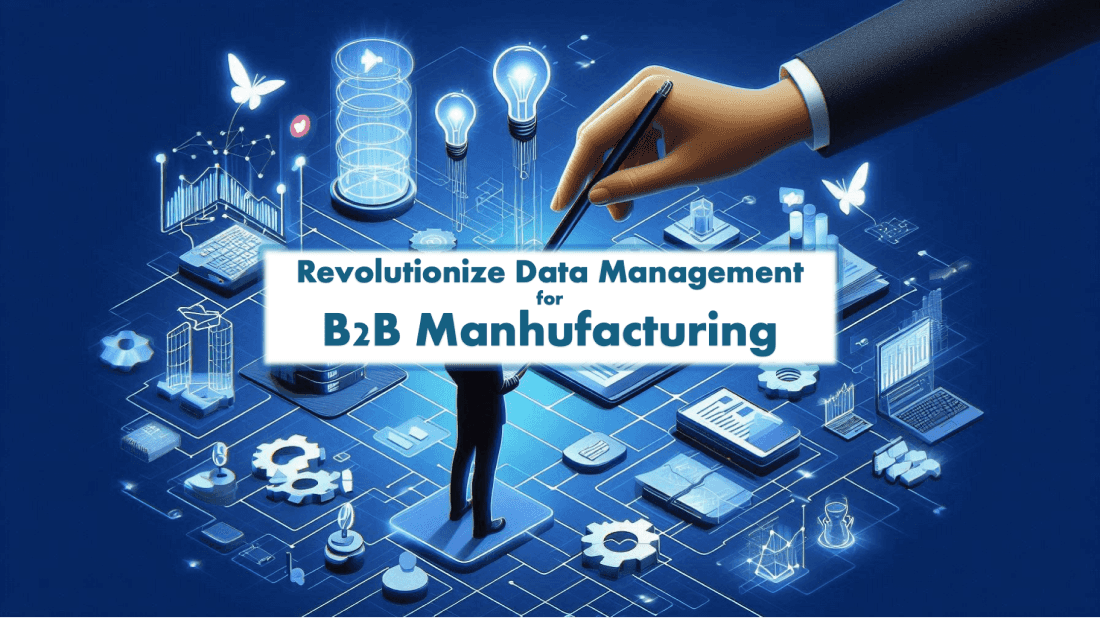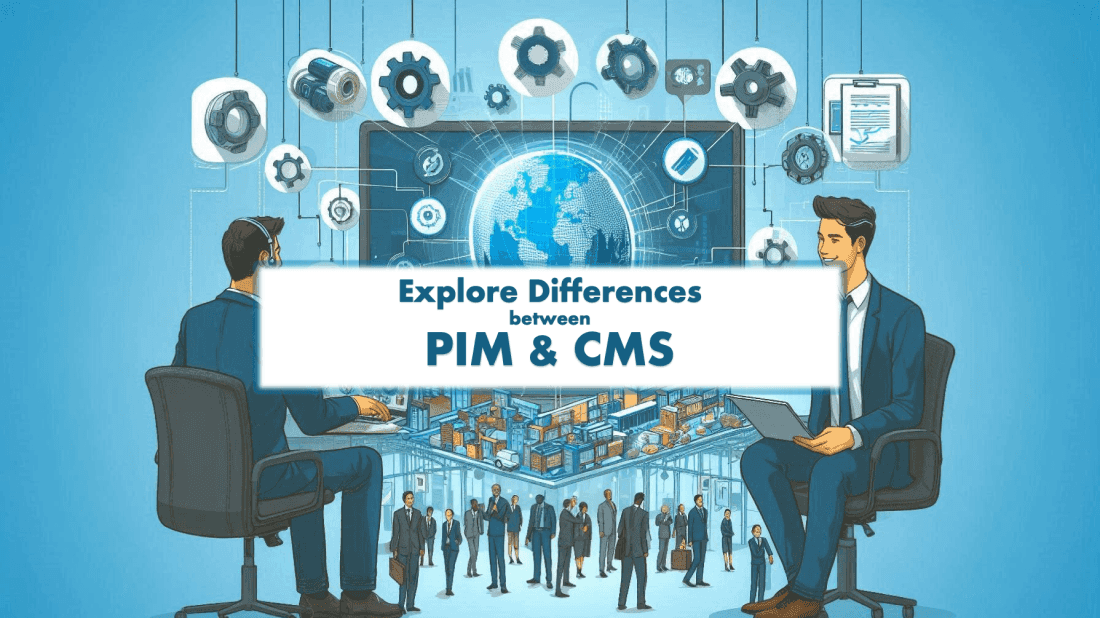May 19th, 2024
Leveraging PIM to Navigate Emerging Trends in B2B Manufacturing Sales
Categories:Product Information Management SystemThe landscape of B2B manufacturing sales is rapidly evolving, driven by new challenges and opportunities.
Advanced Product Information Management (PIM) systems are essential tools that help manufacturers adapt to these changes, ensuring efficient operations and sustained growth.
Meeting Elevated Buyer Expectations
In today’s market, B2B buyers demand seamless and efficient experiences similar to those in the B2C sector. PIM systems play a crucial role in meeting these expectations by centralizing and enriching product data.
Ensuring Consistency Across Channels
B2B buyers interact with multiple channels when engaging with a company. A robust PIM system enables manufacturers to provide consistent and accurate product information across all platforms, enhancing the buyer’s journey. For example, a manufacturer of industrial equipment can use a PIM solution to ensure that all product specifications and details are up-to-date and accessible on their website, partner portals, and distributor platforms.
Personalizing the Buying Process
Modern B2B buyers prefer remote interactions and digital self-service options. By leveraging PIM data and AI-powered tools, manufacturers can create customized product experiences that cater to the specific needs and preferences of their buyers. This personalization enhances customer satisfaction and fosters long-term loyalty.
Embracing Sustainable Practices
Sustainability is a key priority for B2B manufacturers. PIM systems support sustainability initiatives by providing comprehensive data management and reporting capabilities.
Facilitating Circular Economy Initiatives
The transition from a linear to a circular economy involves rethinking product design, manufacturing, and end-of-life processes. PIM systems facilitate this shift by managing detailed information about the environmental impact, material composition, and recyclability of products. For example, a manufacturer of electronic components can use a PIM solution to track and report the lifecycle of their products, ensuring compliance with sustainability regulations.
Adapting to Regulatory Requirements
New regulations, such as the EU’s Digital Product Passport, require manufacturers to disclose extensive environmental and social data. PIM systems help manufacturers maintain accurate and up-to-date product information, simplifying compliance and reducing legal risks. By using a PIM system, a manufacturer can ensure that all necessary data is readily available for regulatory reporting.
Building Comprehensive Product Ecosystems
PIM solutions help manufacturers build comprehensive digital ecosystems that include product accessories, spare parts, and support services. By offering a seamless connection between these elements, manufacturers can improve customer satisfaction and reduce return rates. For example, a manufacturer of industrial pumps can use a PIM system to manage detailed information about compatible spare parts and maintenance schedules.
Streamlining Service and Support
Advanced PIM systems with AI-powered automation streamline after-sales workflows, ensuring that customers receive timely and accurate information. This enhances the overall customer experience and drives repeat business. Manufacturers can use PIM data to anticipate customer needs and provide proactive support.
Selecting the Optimal PIM Solution
Choosing the right PIM software is crucial for maximizing its benefits. Look for features such as data enrichment, digital asset management, and extensive integration options. Cloud-based PIM and open source PIM software solutions offer scalability and flexibility, making them ideal for growing businesses.
Best Practices for Implementing PIM Solutions
Implementing a PIM solution effectively requires careful planning and consideration of best practices:
- Define Clear Objectives: Establish specific goals for what you aim to achieve with a PIM system, such as improving data quality, enhancing partner collaboration, or streamlining product launches.
- Engage Key Stakeholders: Include all relevant departments in the planning process, such as marketing, IT, product management, and supply chain teams. This ensures the PIM system meets diverse needs.
- Select the Right PIM Software: Choose a PIM solution that aligns with your business requirements. Consider factors like data enrichment, digital asset management, and integration capabilities.
- Ensure Robust Data Governance: Implement data governance policies to maintain data accuracy, consistency, and security across all platforms.
- Plan for Seamless Integration: Ensure your PIM system can integrate with existing systems such as ERP, CRM, and e-commerce platforms to create a unified data management environment.
- Focus on Training and Support: Provide comprehensive training for all users and establish ongoing support to maximize the effectiveness of the PIM system.
Conclusion
For B2B manufacturers, leveraging a PIM system provides a comprehensive solution for managing data and driving growth. Understanding the unique benefits of PIM will help you make an informed decision and implement the best product information management strategy for your business.
By utilizing the best PIM software and following best practices, manufacturers can ensure they have the right tools to manage product information effectively, drive efficiency, and enhance collaboration with partners and distributors. Whether you choose a cloud-based PIM, an enterprise PIM, or a PIM SaaS solution, the benefits of PIM for manufacturers are clear. Implementing a robust PIM system can transform your data management processes and support sustainable growth in the competitive B2B landscape.
With PIM, manufacturers can better manage product catalogs, streamline data import processes, and ensure the accuracy and consistency of product information. This capability is particularly valuable for manufacturing companies that deal with complex and varied product lines.
Summary of Neurologik ProductHub
At Neurologik.io, we offer the ProductHub solution, an all-in-one PIM, PDM, MDM, and DAM system designed specifically for B2B manufacturers. Our platform centralizes, enriches, and synchronizes product data, ensuring accuracy and consistency across all channels. By significantly reducing integration costs and enhancing operational efficiency, Neurologik.io’s ProductHub helps manufacturers maintain seamless, up-to-date product information, improving market responsiveness and driving business growth.
Request a demo to learn more about the most advanced system for B2B manufacturers.







